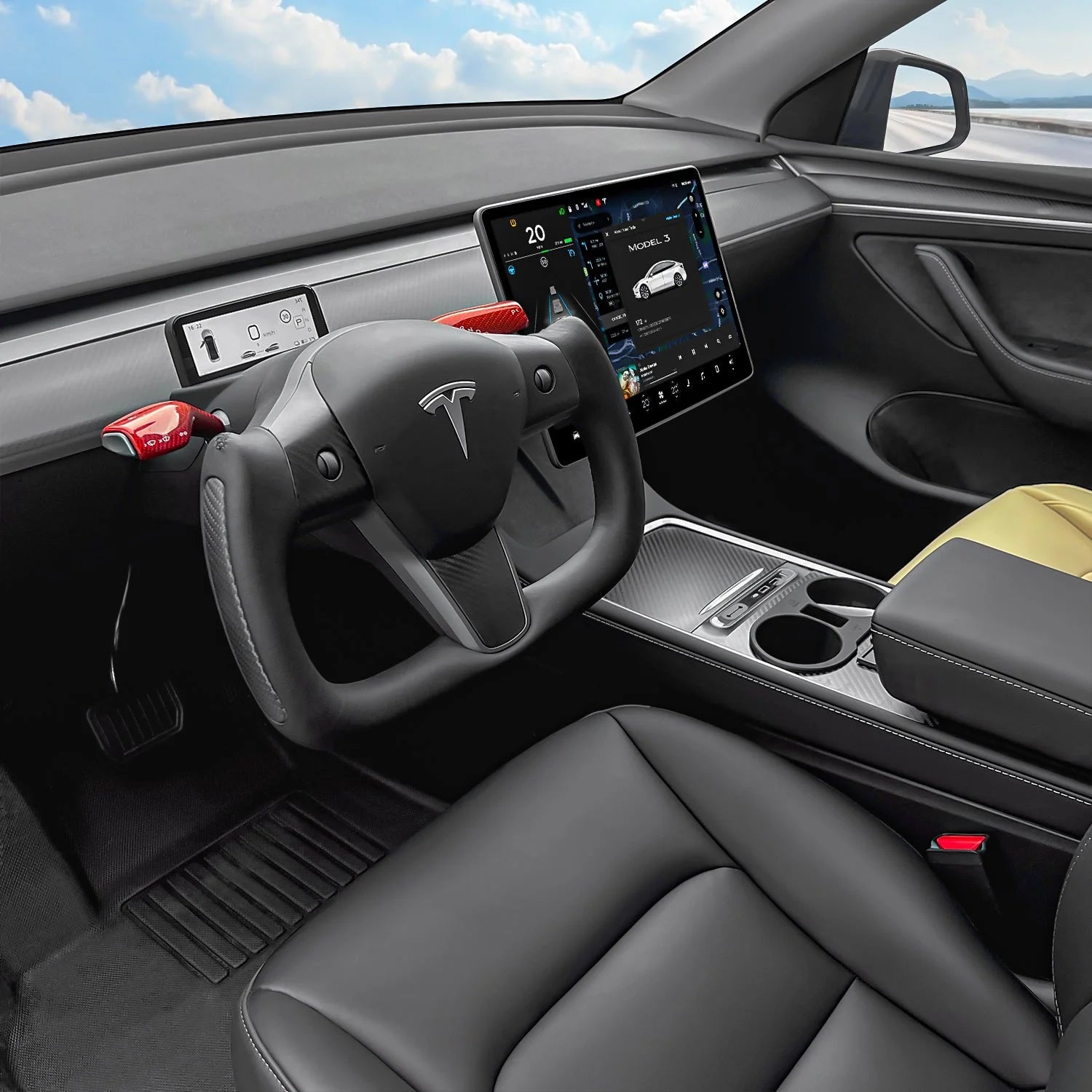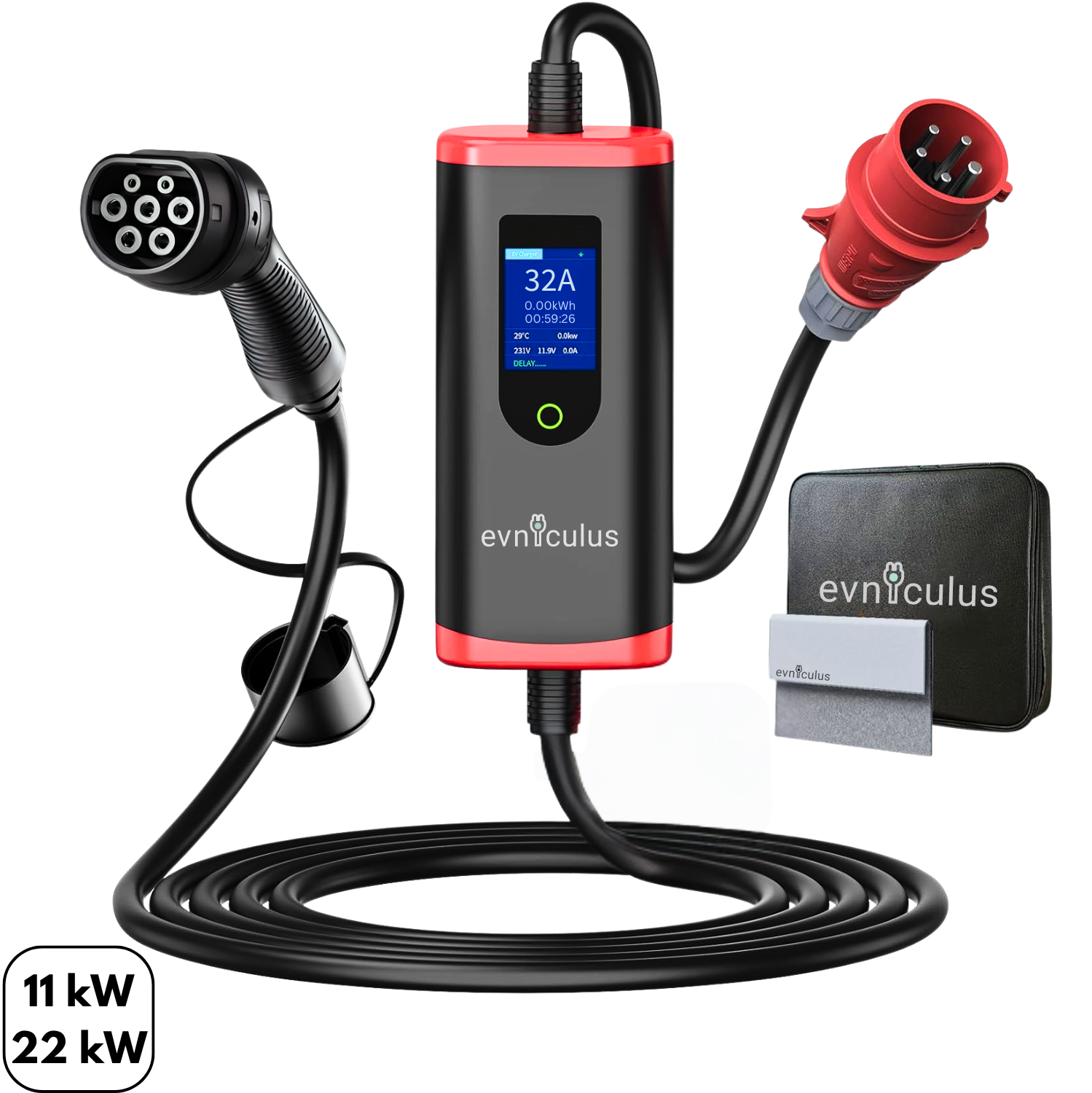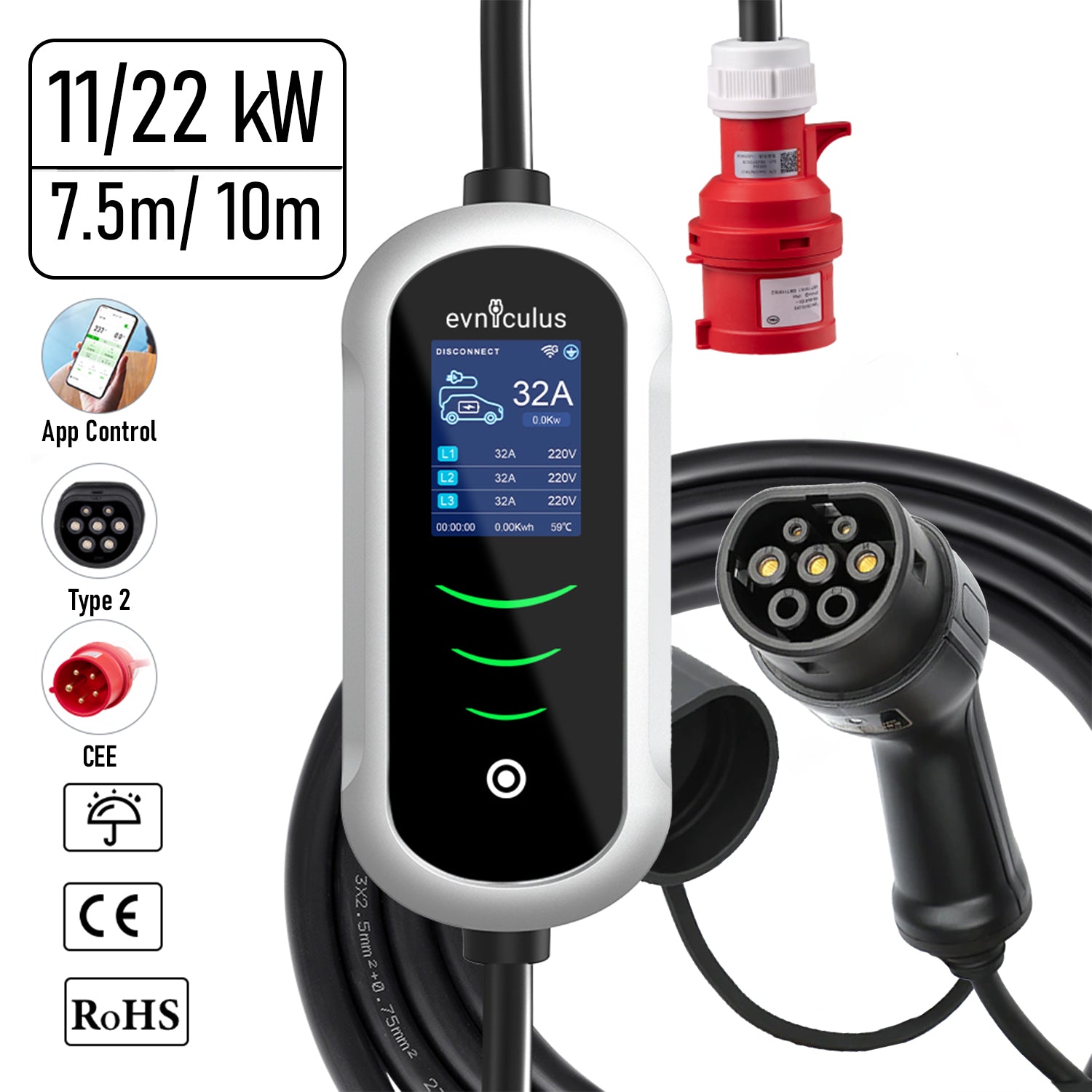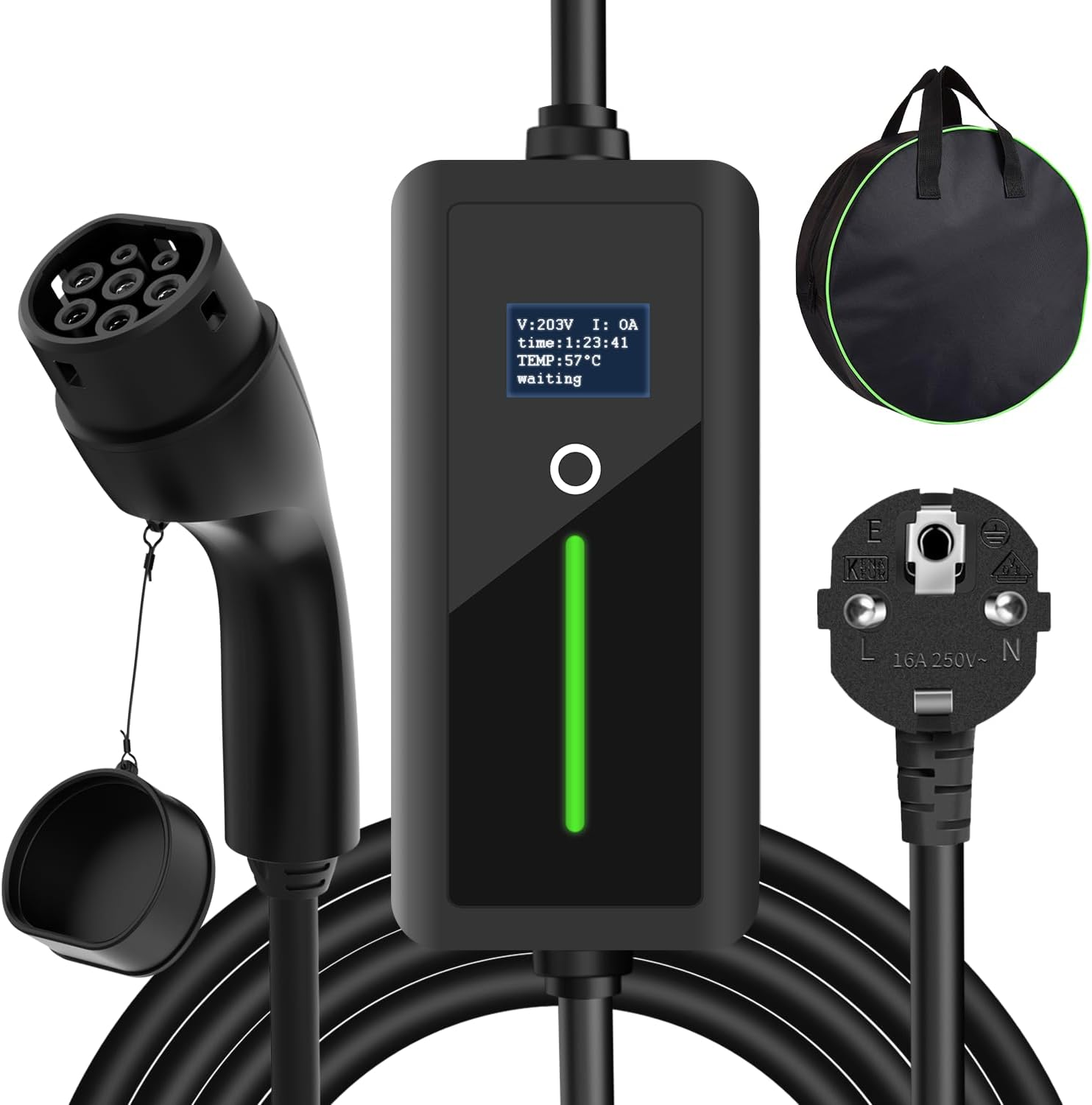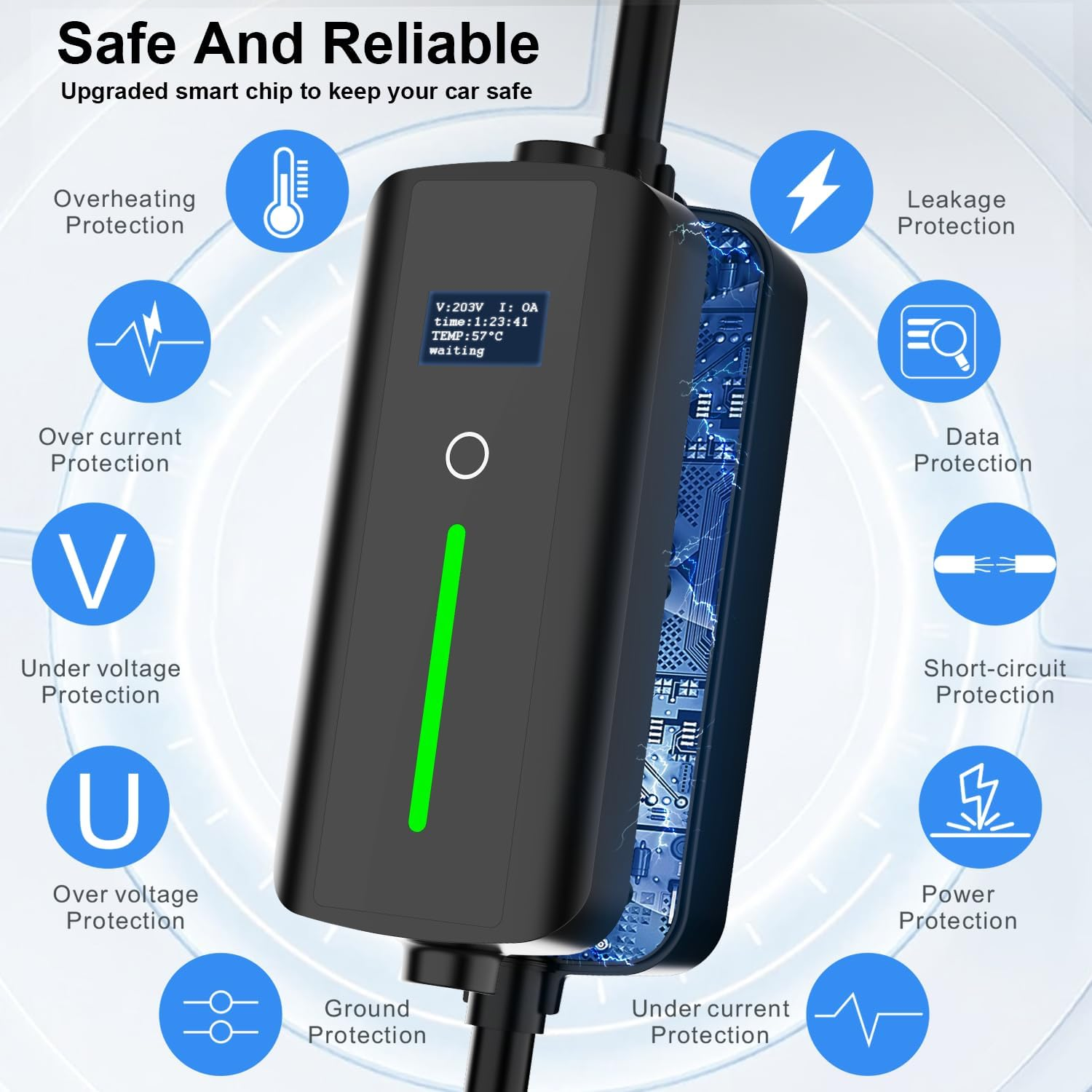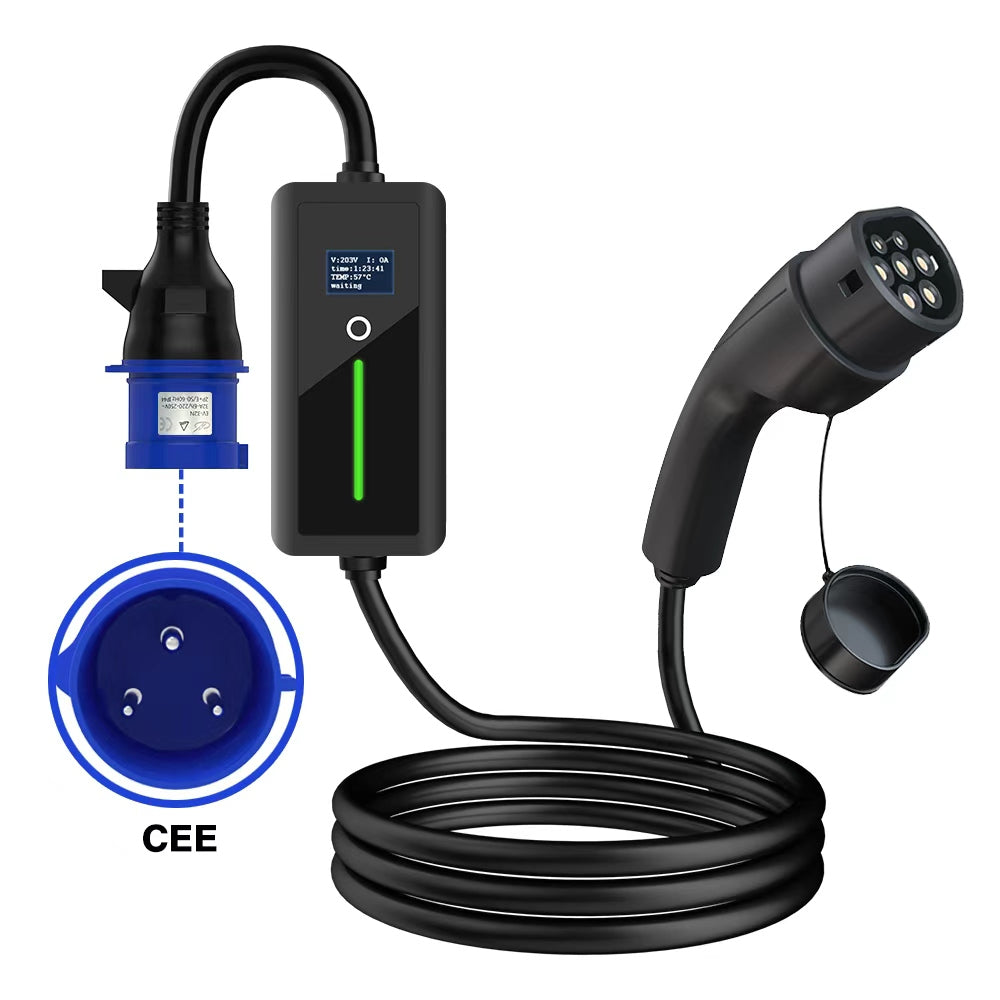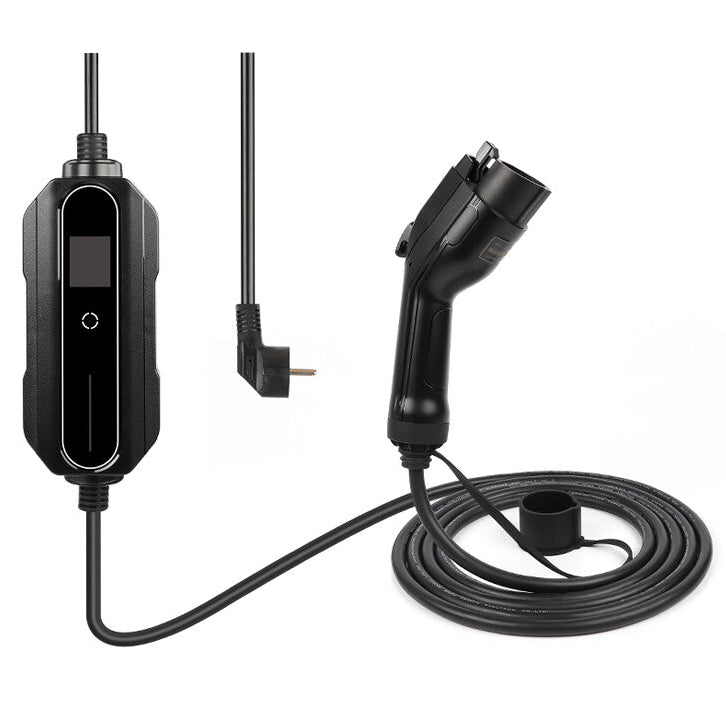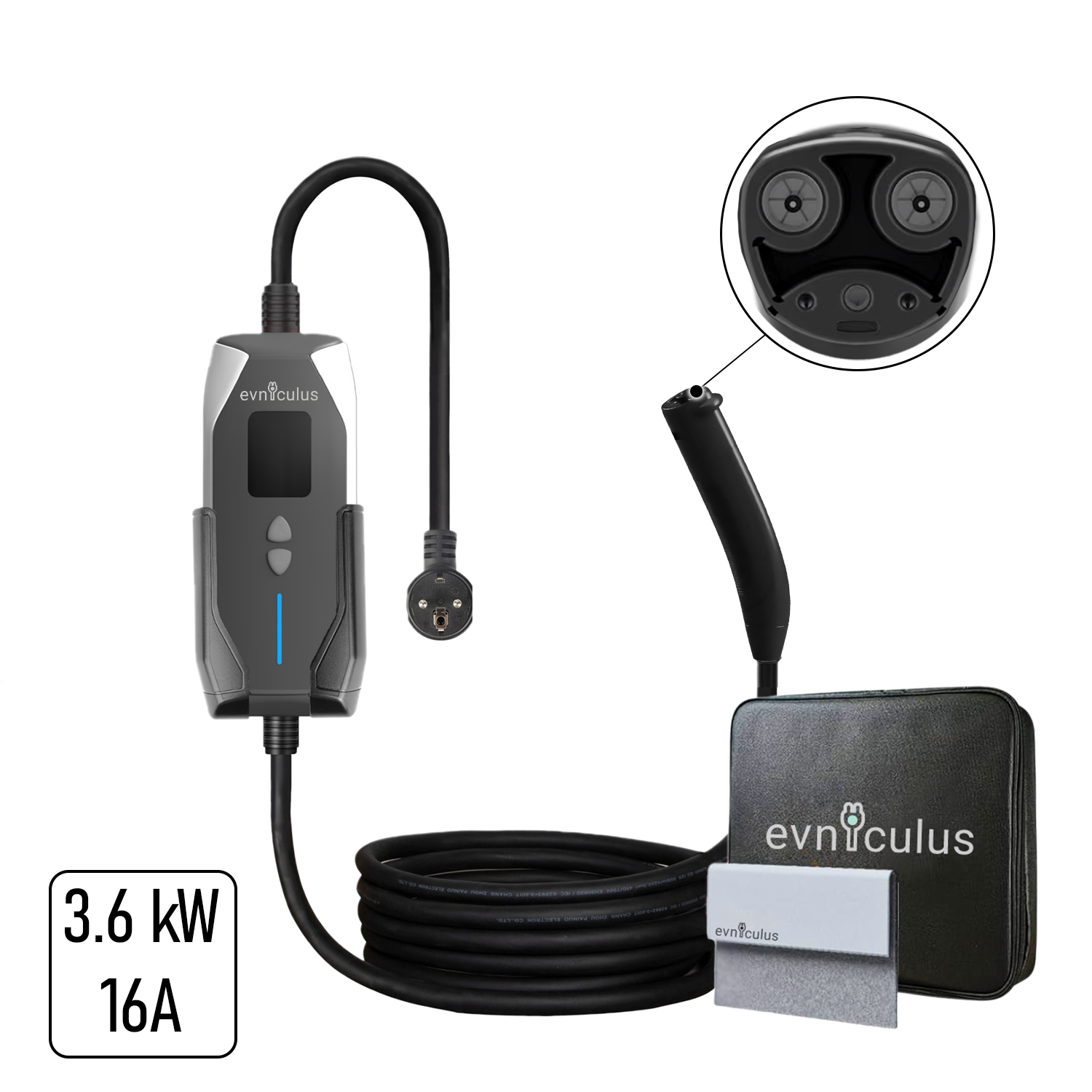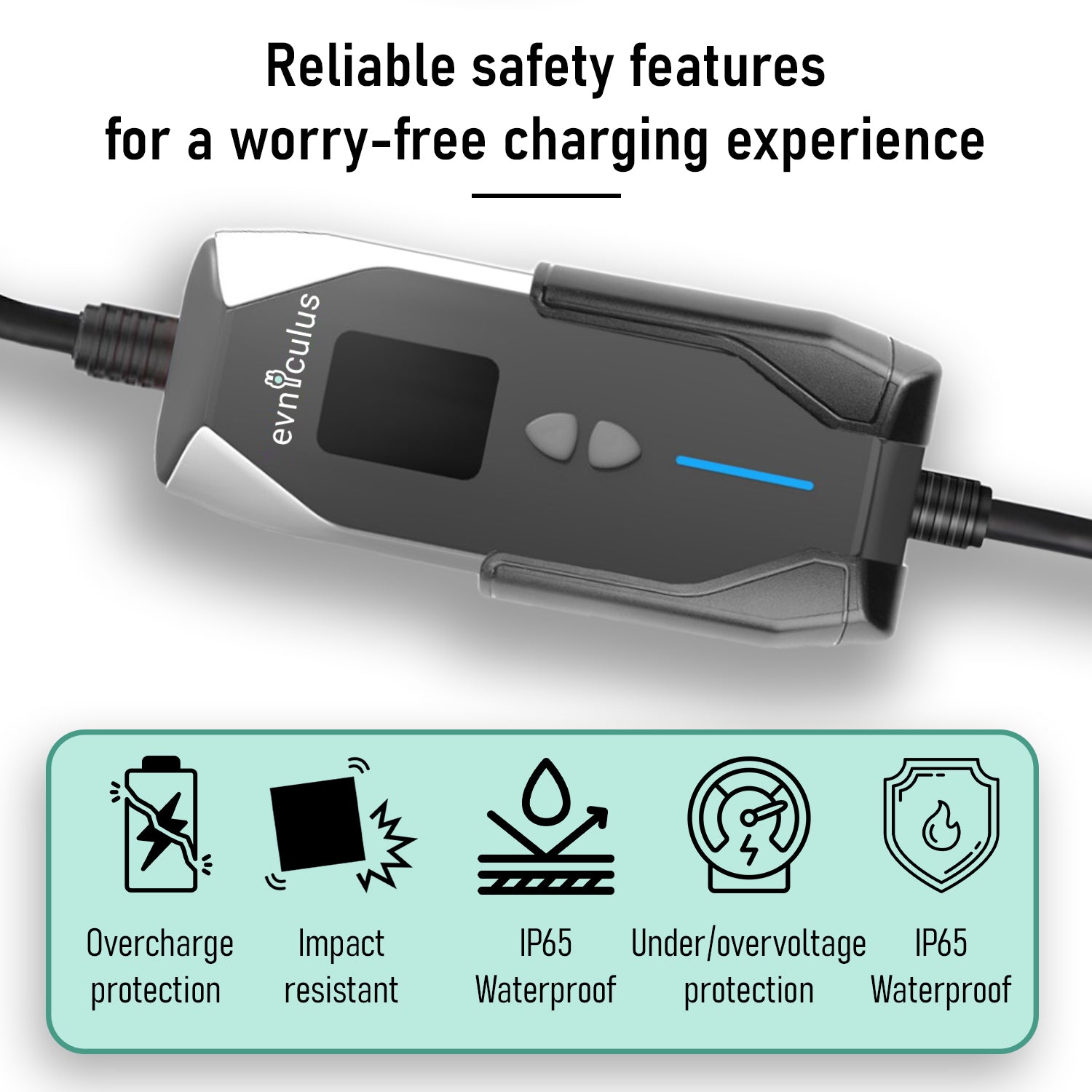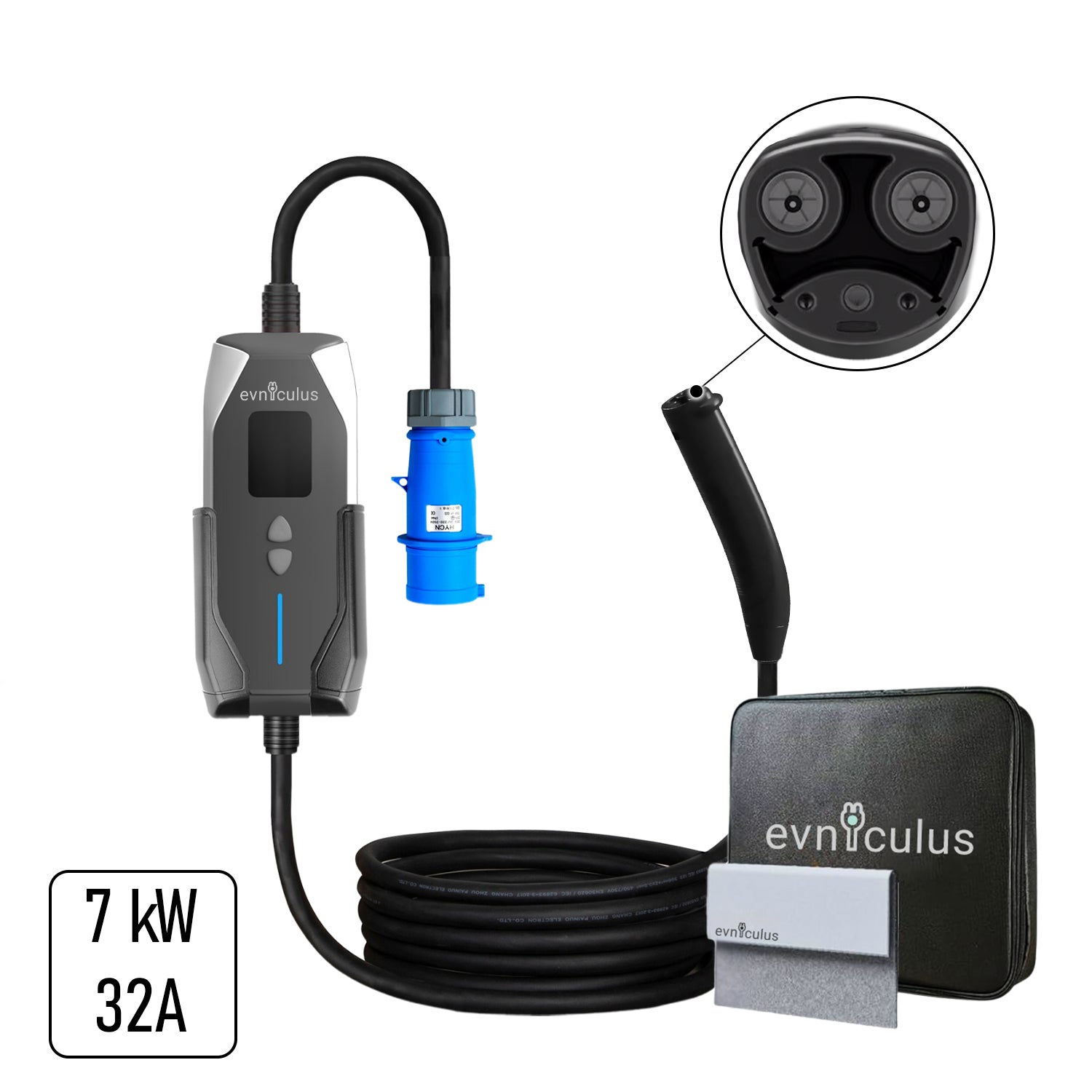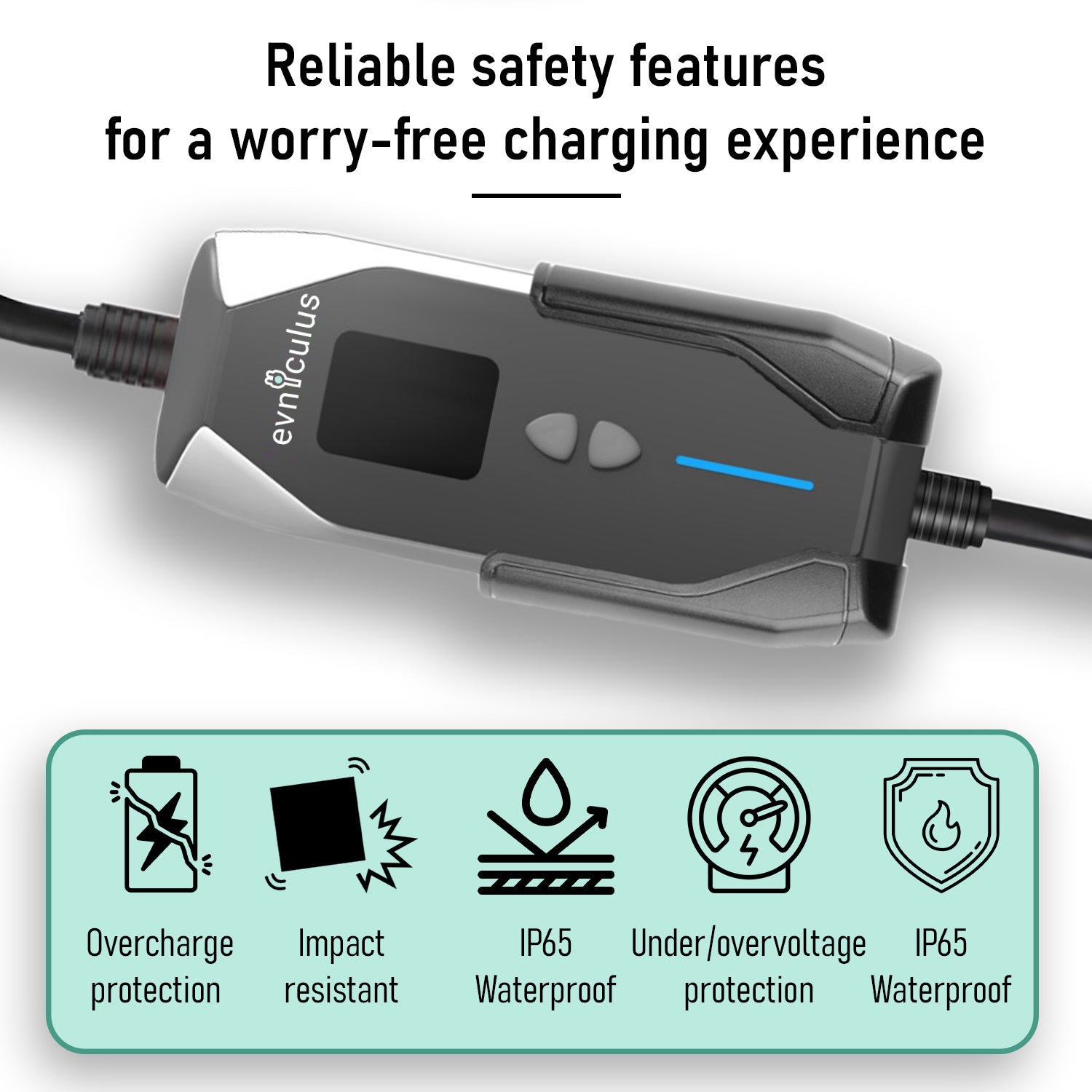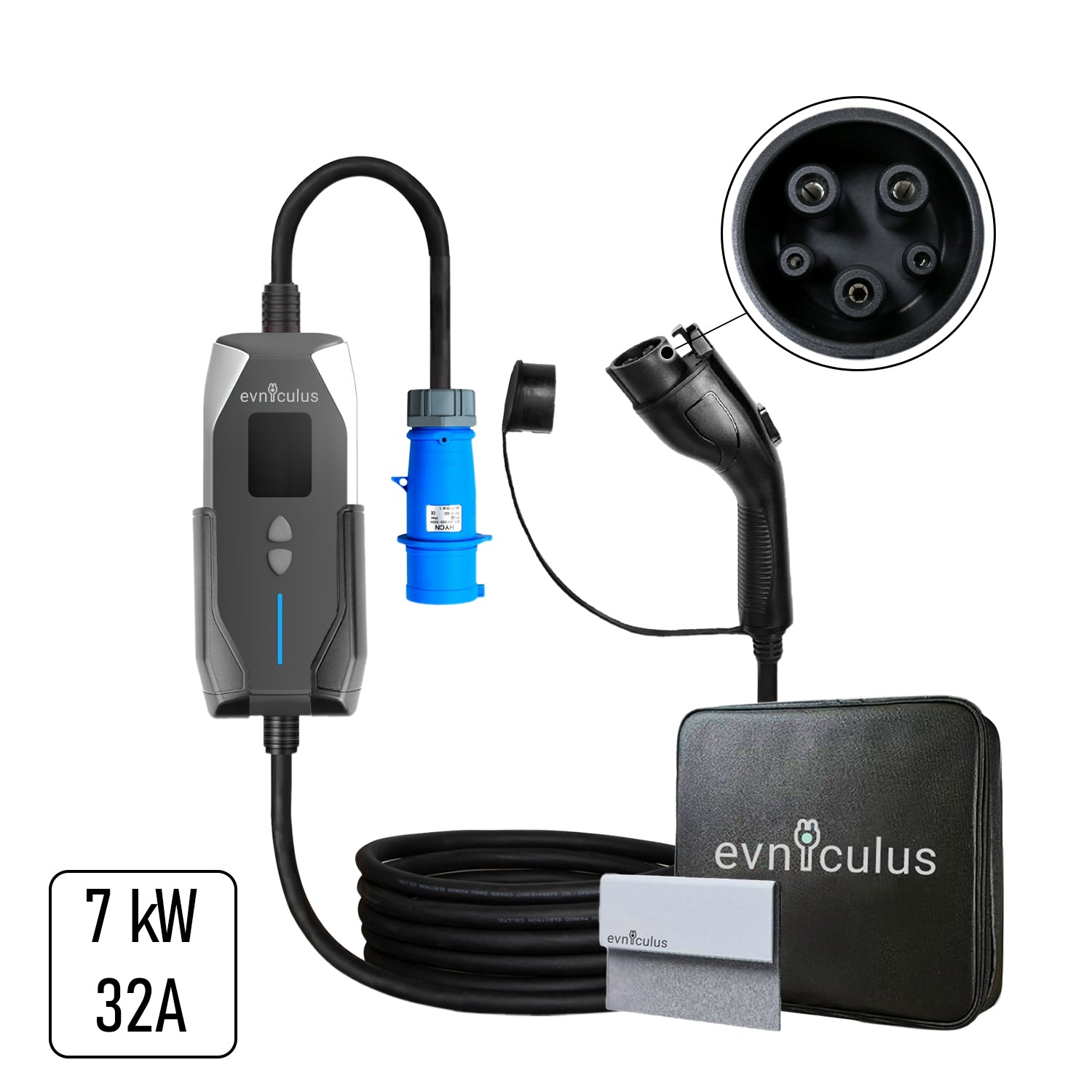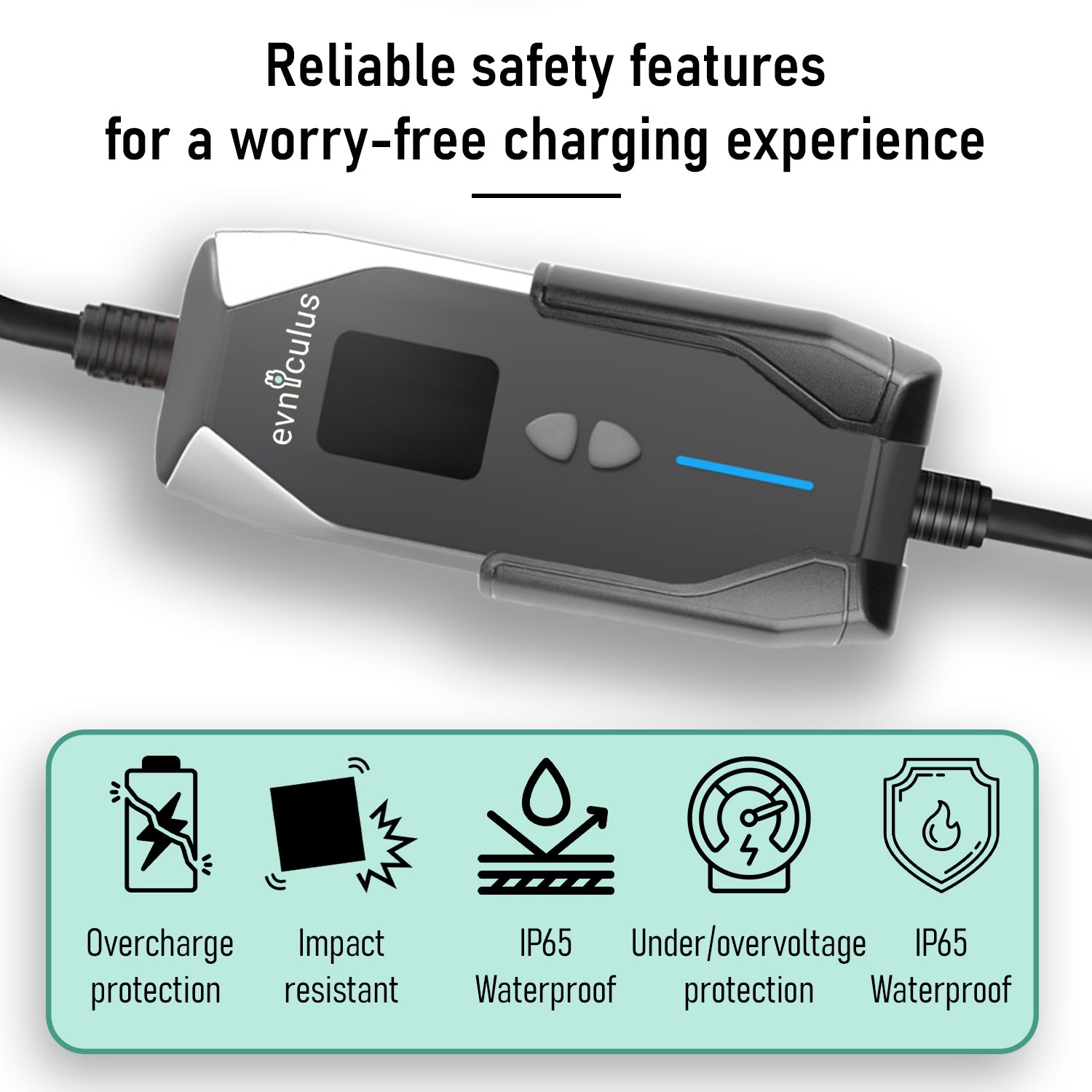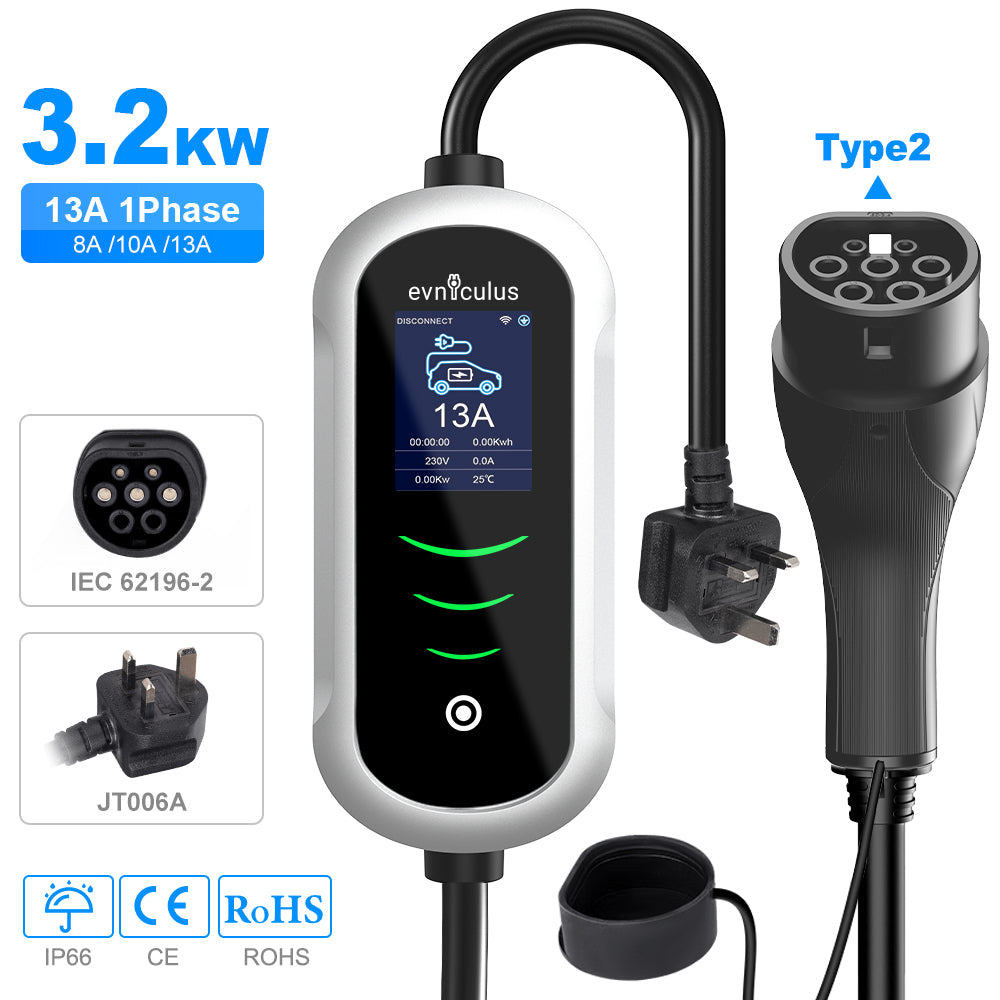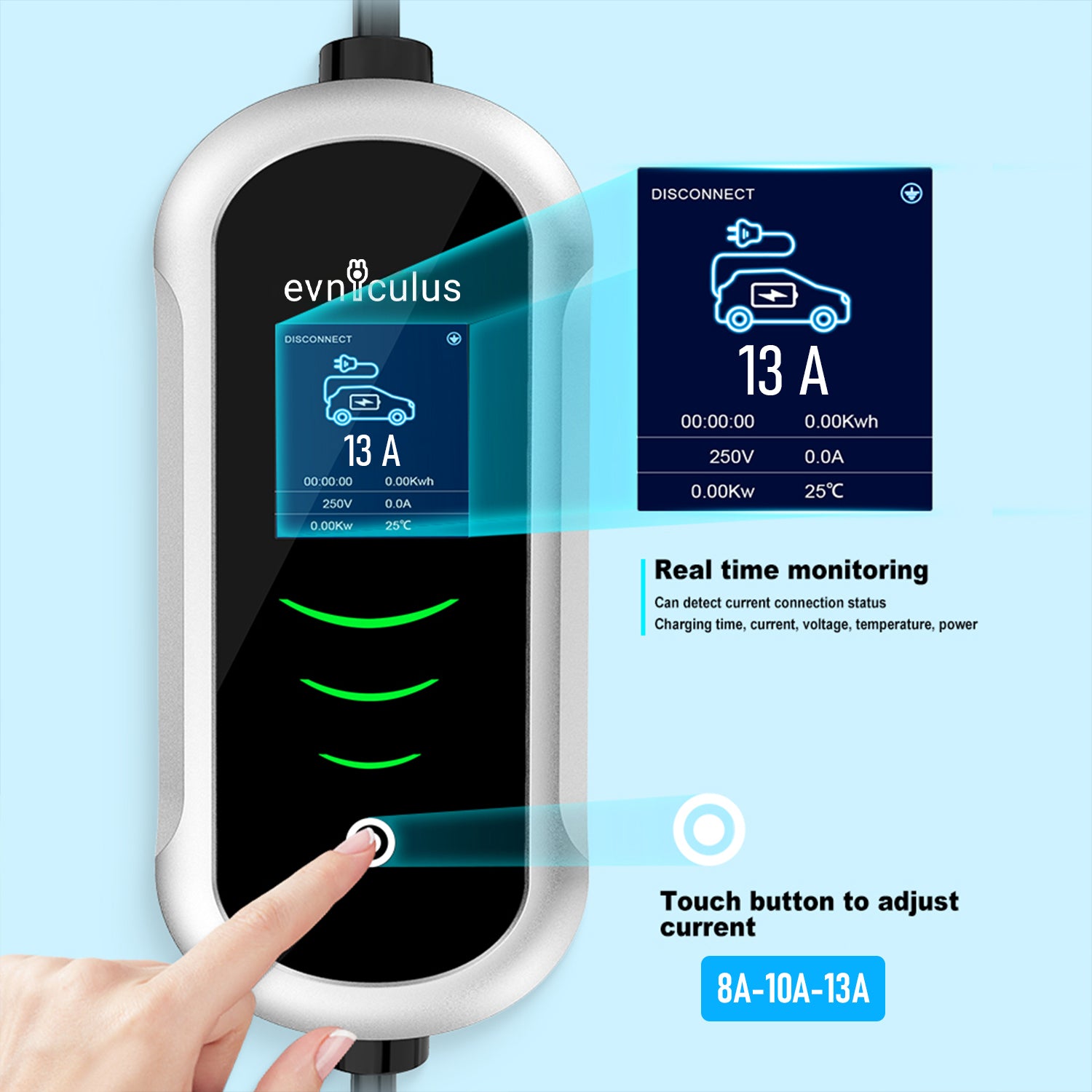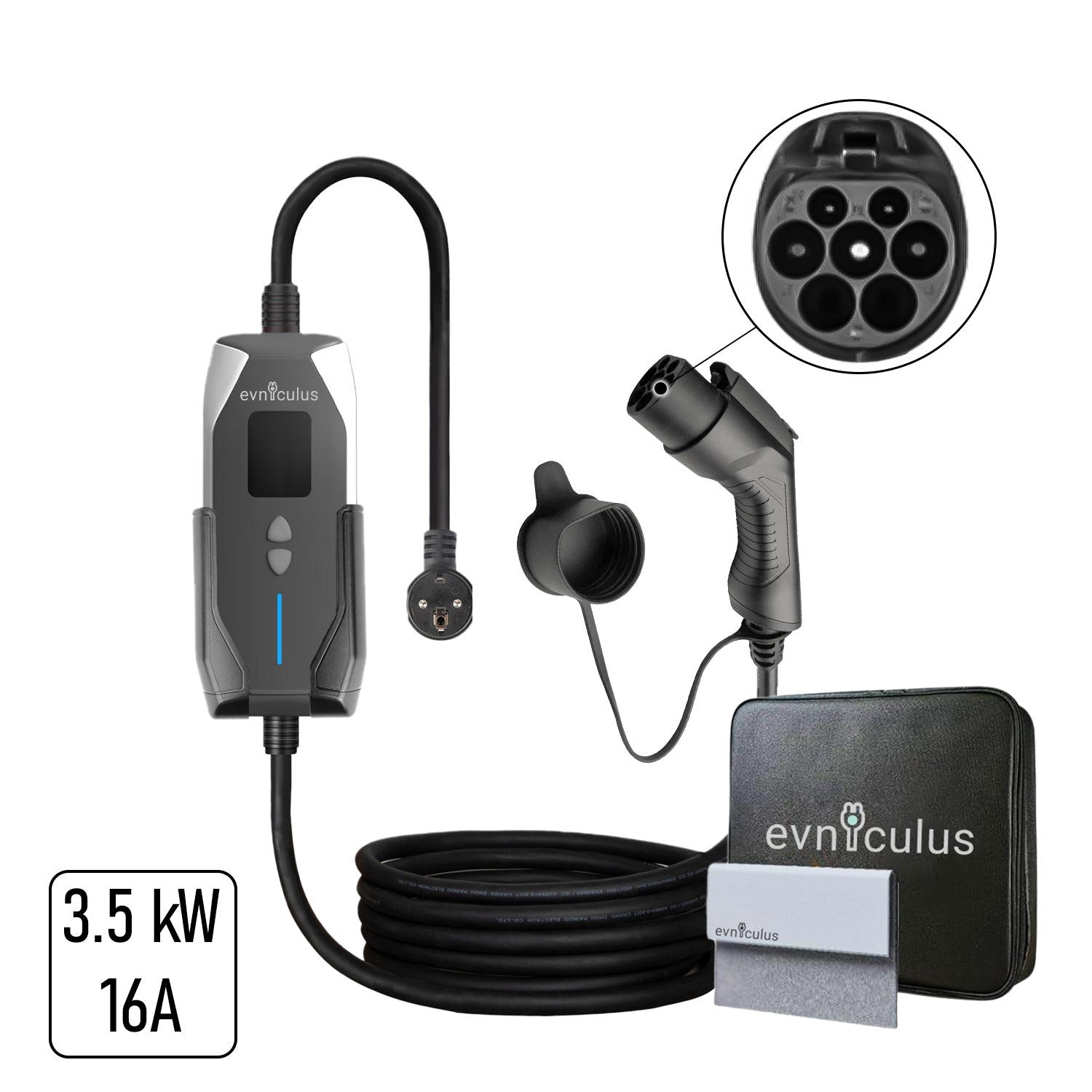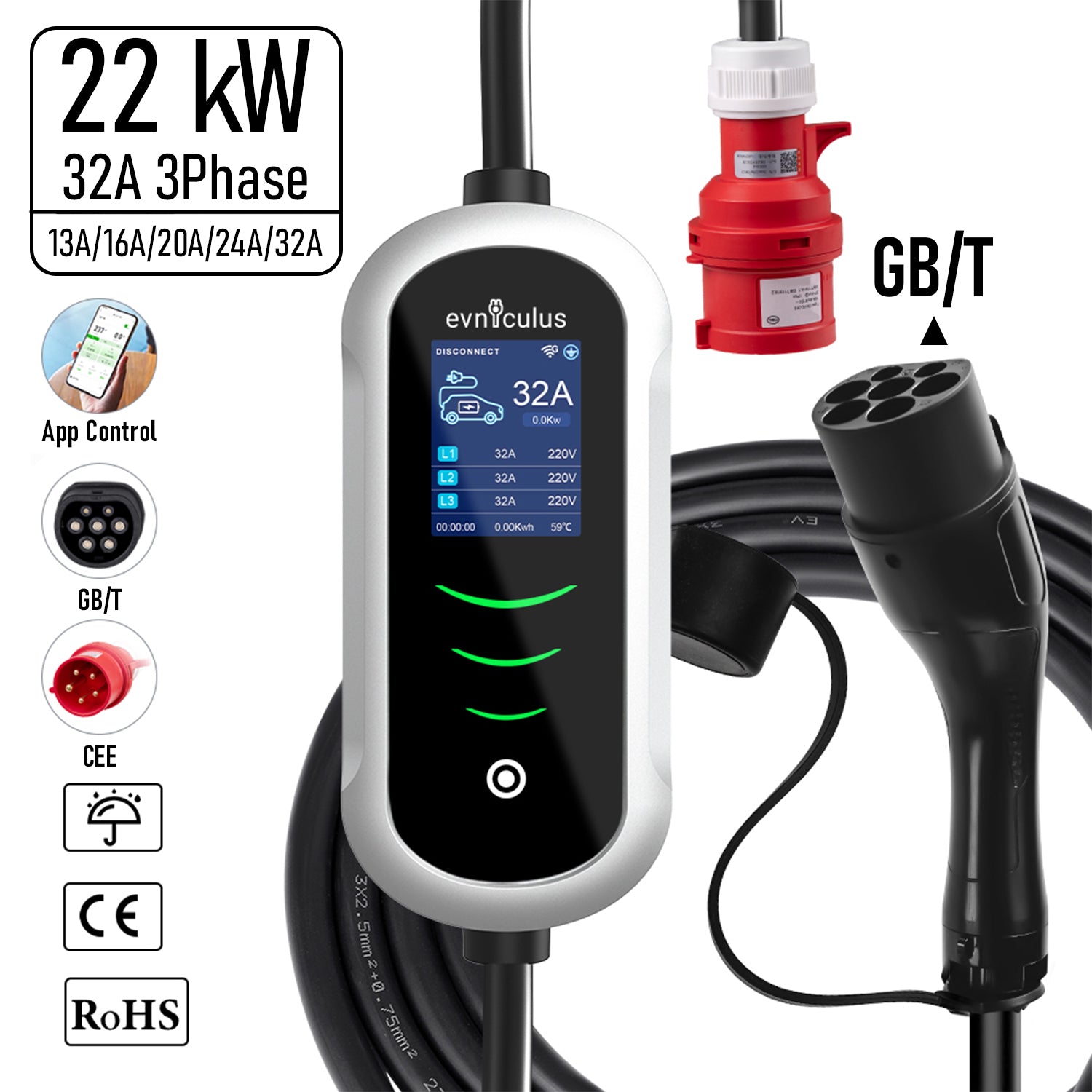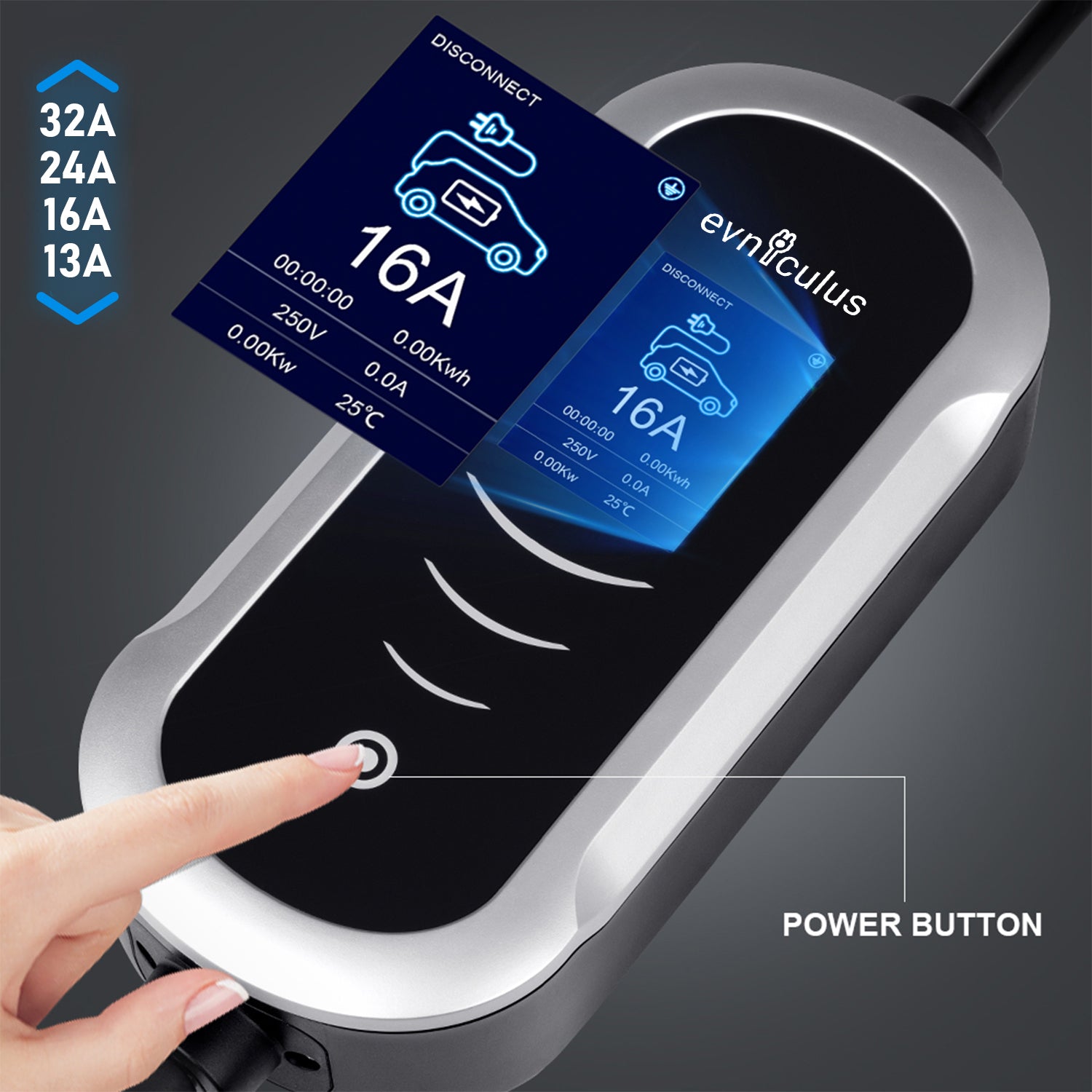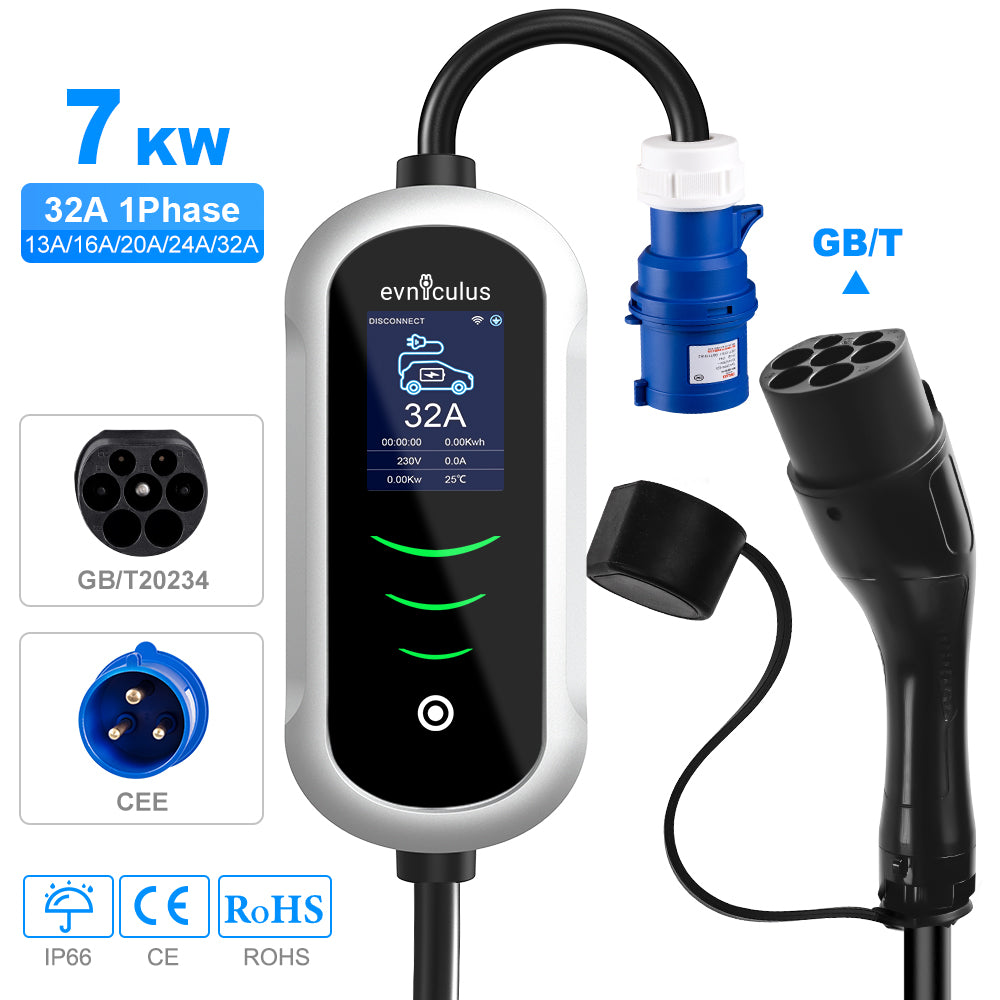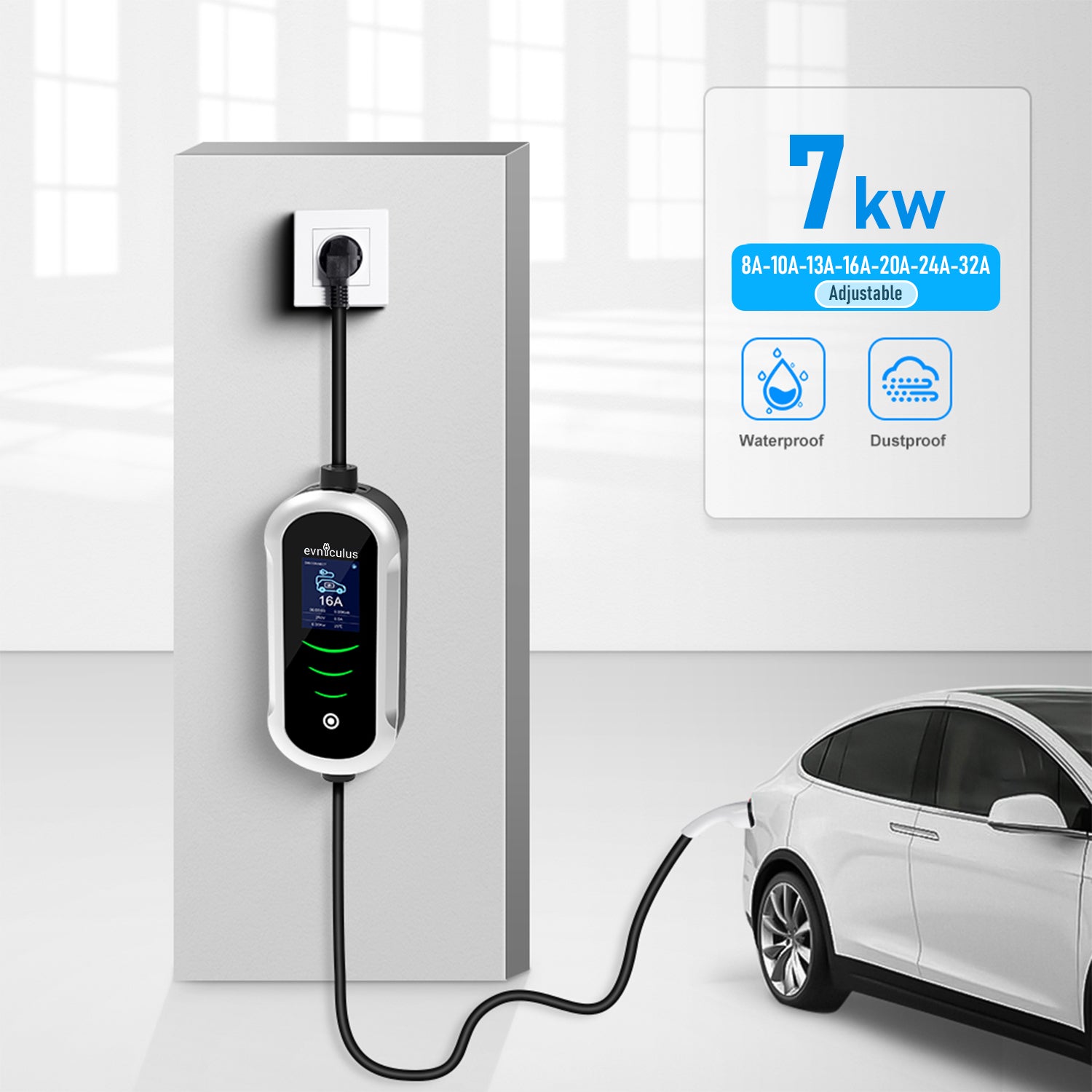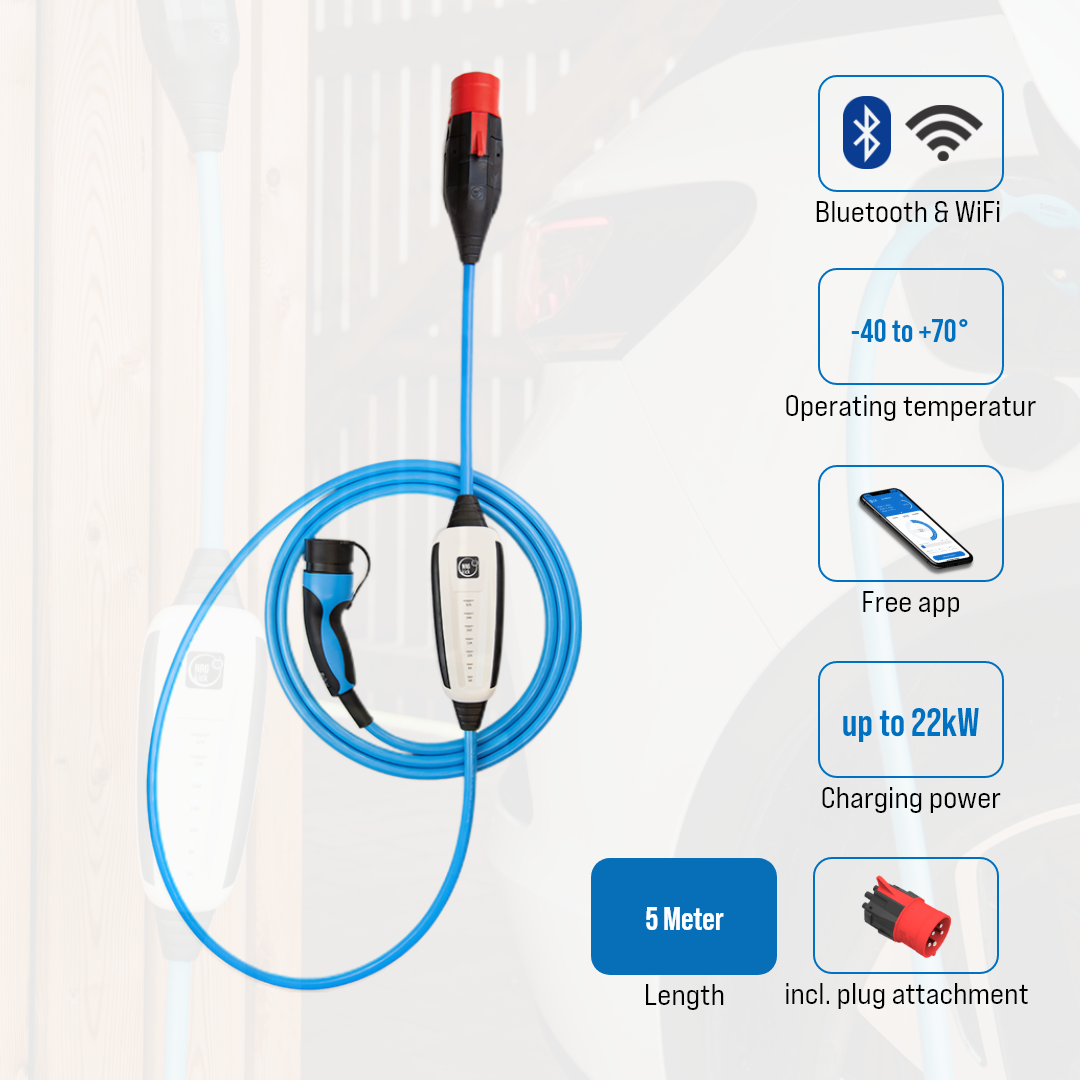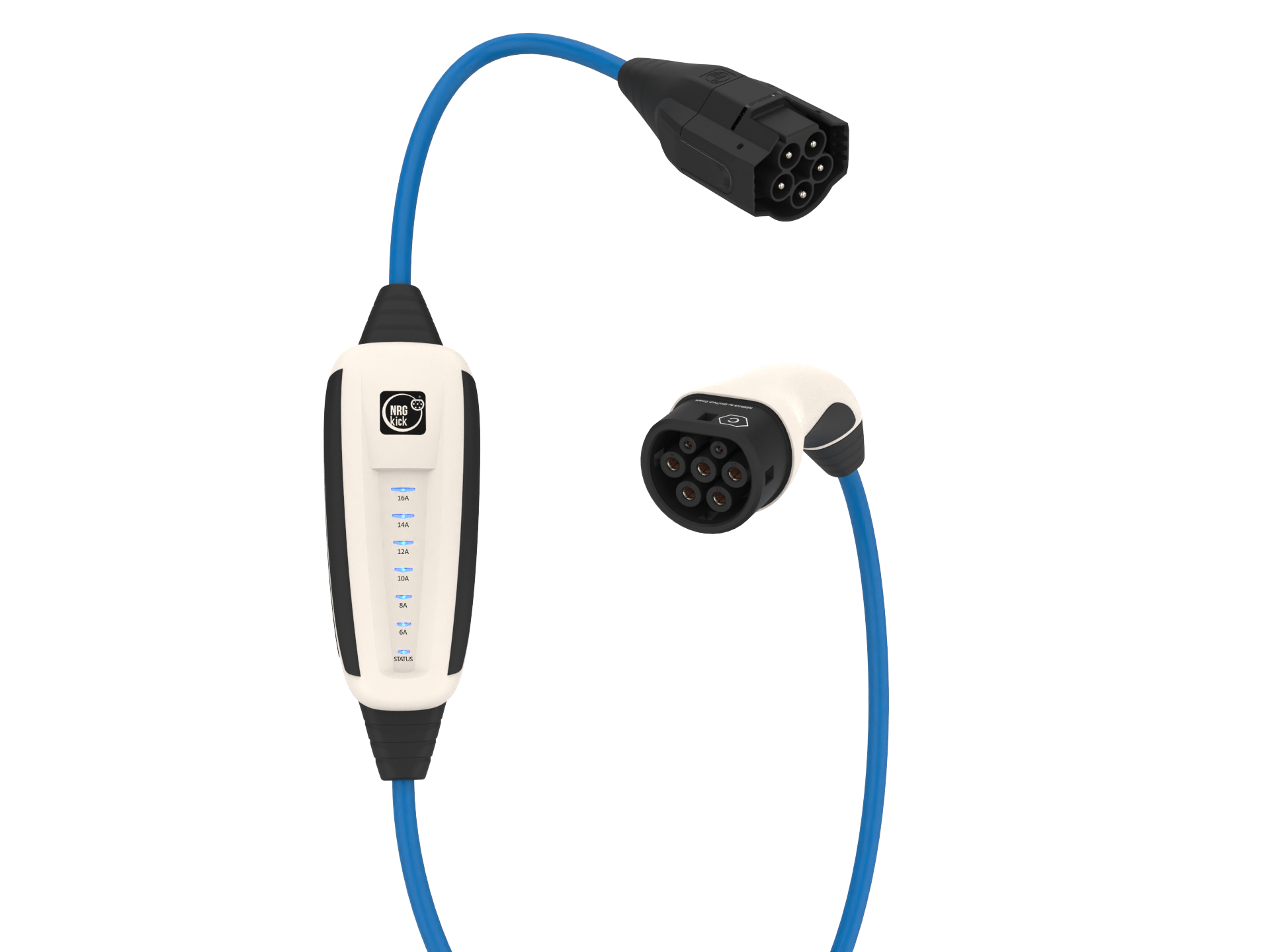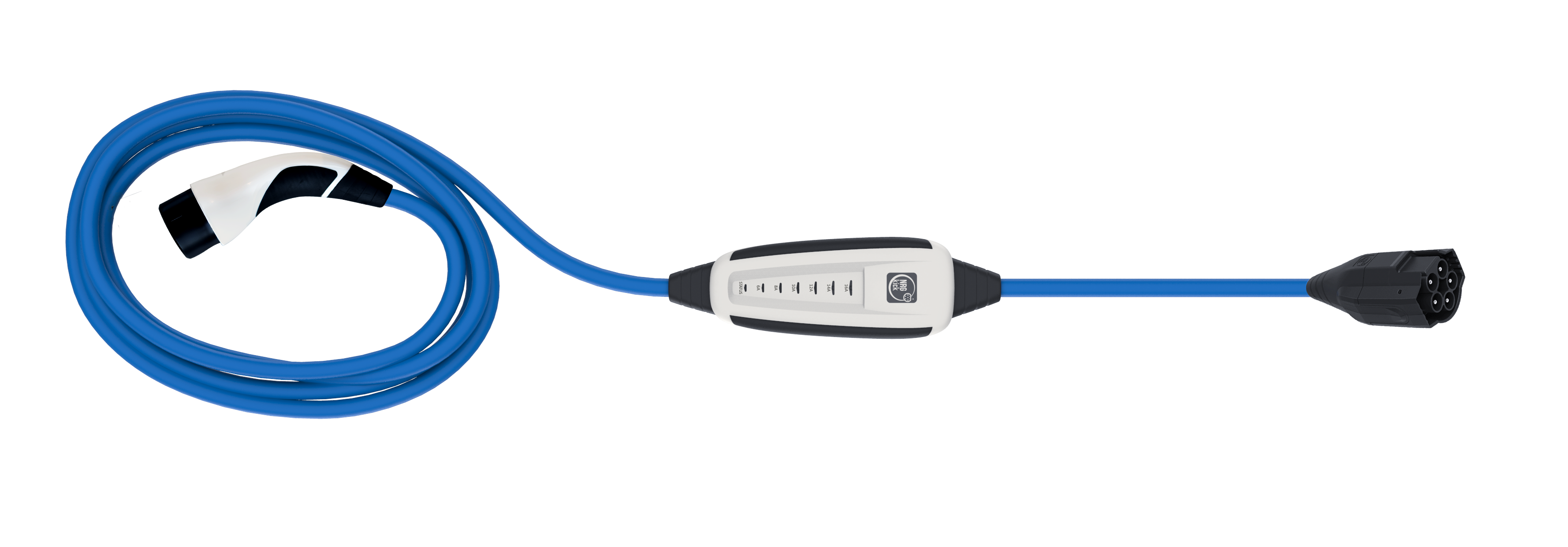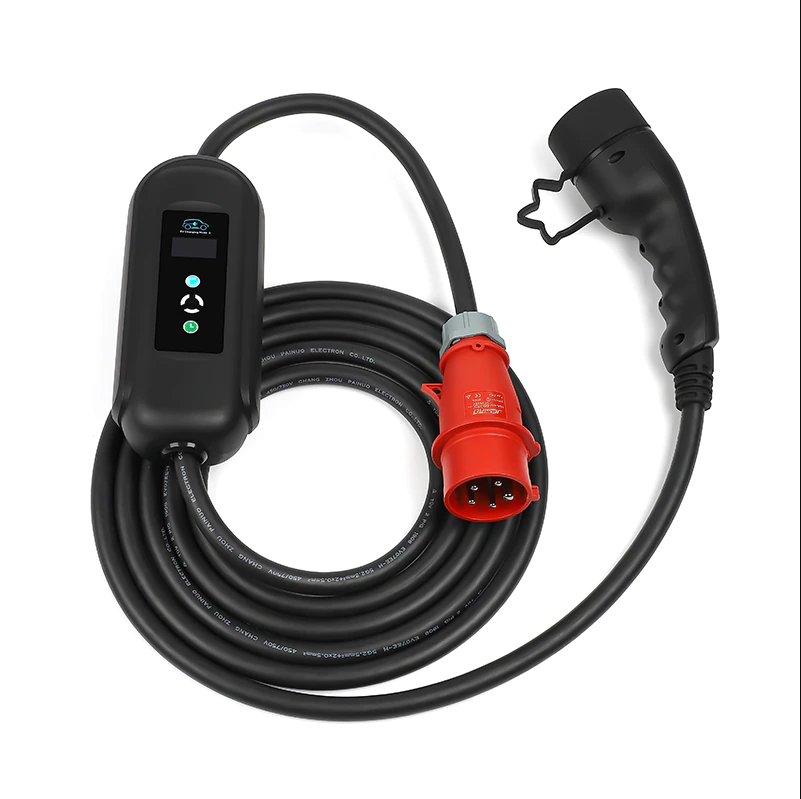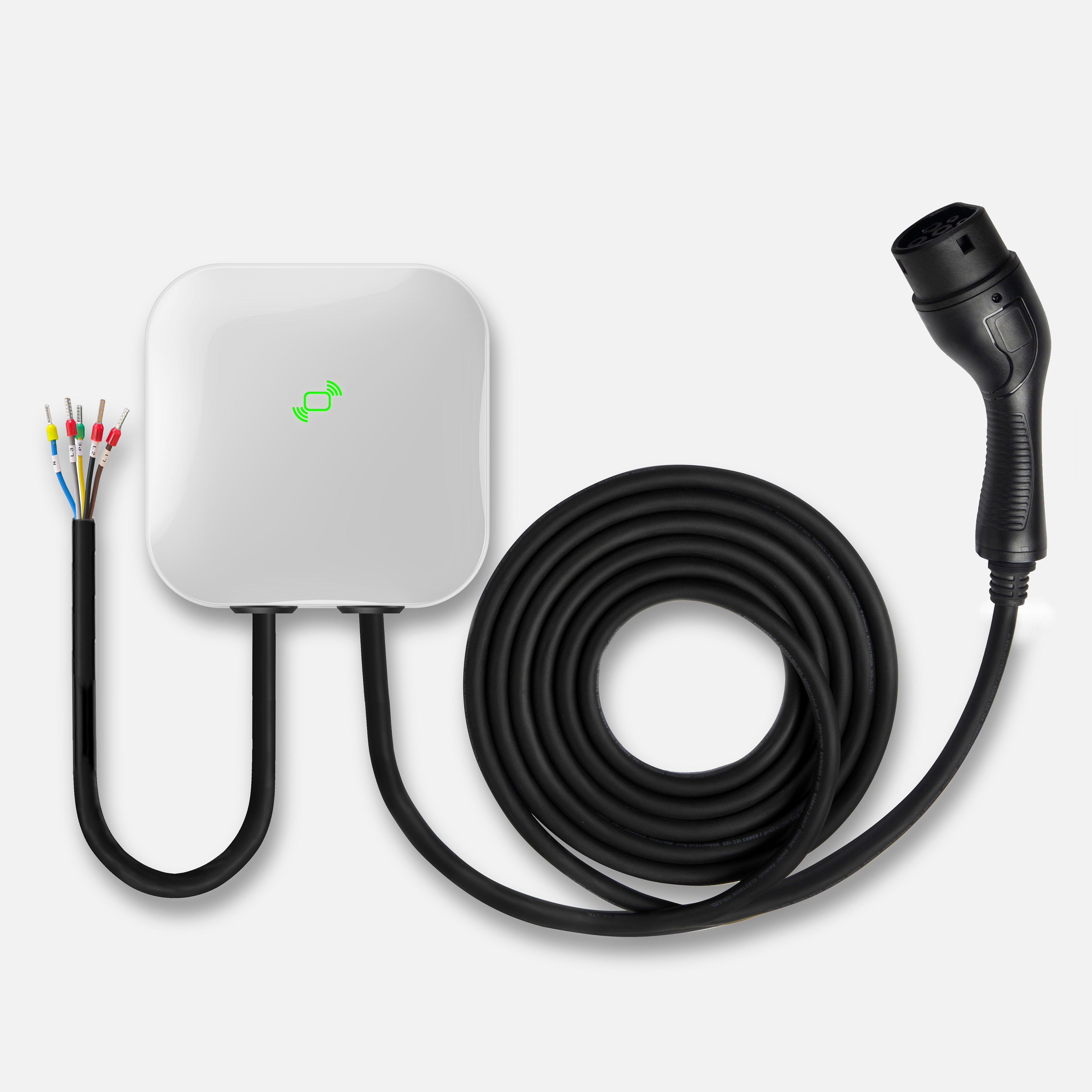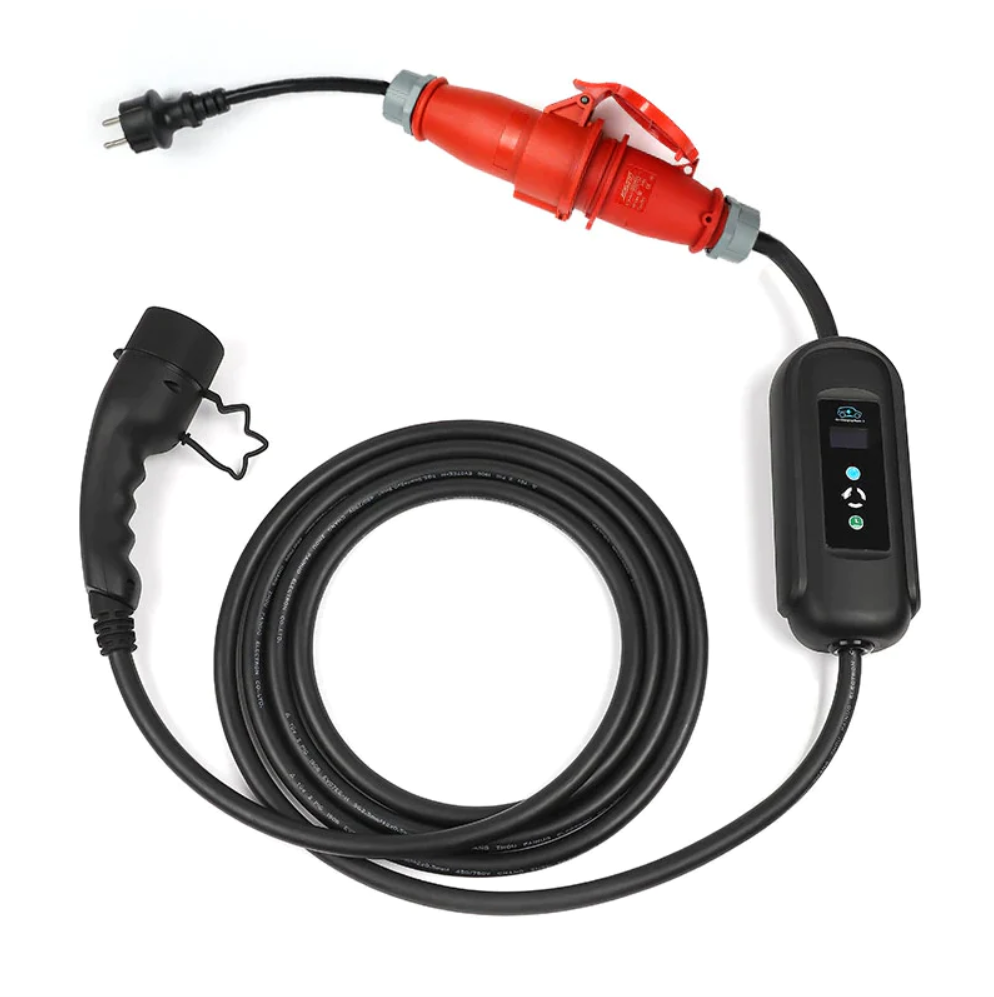Questions about charging an electric car
How to charge an electric vehicle?
To charge an electric car, you connect it to a power source using a charging cable or a charging station.
How to charge an electric vehicle at home?
To charge an electric car at home, you can use a regular electrical outlet or install a home charging station. A charging station is faster but may need professional installation.
How long does it take to charge an electric vehicle at home?
The time it takes to charge an electric car at home depends on its battery size and the charging speed. It can range from 4 hours to 36 hours.
How long does it take to charge an electric vehicle?
Charging time depends on the car's battery size and the charging speed. It can take from around 30 minutes (DC charging) to 4-12 hours (AC charging) depending on the charger type you are using.
How much does it cost per minute to charge an electric vehicle?
Charging costs depend on the station's pricing and the car's charging rate. Some stations charge by the minute or by kilowatt-hour. The average price per kWh in Europe is around 0.50 euros. This price may vary depending on the type of charger (AC/DC) and its location.
How much does it cost to charge an electric vehicle at a charging station?
Charging costs at stations vary based on location and the station's pricing structure. The average cost might fall around €20-€40 to fully charge your vehicle with the fast charger, depending on your battery capacity.
How many kilowatt hours does it take to charge an electric vehicle?
Based on the average energy consumption of an electric vehicle (20 kWh/100km), a home EV charger typically uses approximately 11.81 kWh per day to recharge the car and cover the distance driven. This equates to roughly 353.3 kWh per month and 4,310.65 kWh per year. For the example we have assumed an annual mileage of 20 000km.
How many amps does it take to charge an electric vehicle?
Charging amperage varies based on the car's capabilities and the charging equipment, ranging from 6 to 80 amps or more (AC chargers). DC chargers go up to 600A, some even more.
Can you charge an electric vehicle with a generator?
Yes, but it's not the most efficient method. Generators run on fuel, which isn't as eco-friendly, and may not provide enough power for quick charging. It's better to use a dedicated outlet or charging station.
Featured collection
Contact Us

